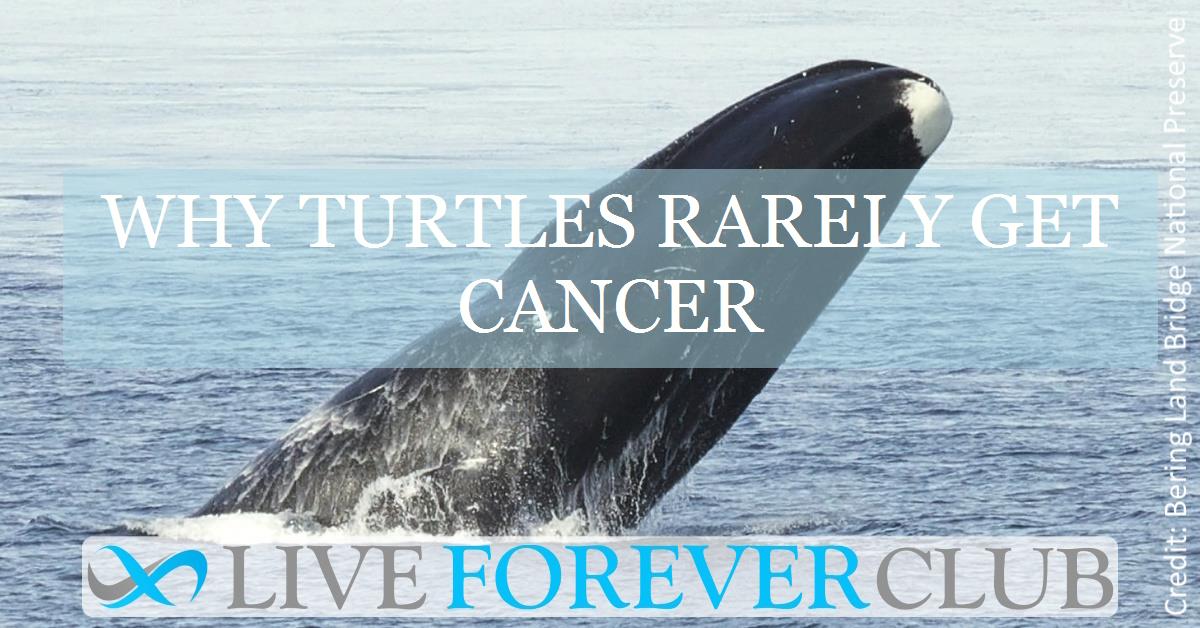Key points from article :
A new review in BioScience led by Scott Glaberman and colleagues explores whether turtles get cancer, and why cases are so rare compared to other vertebrates. Despite being long-lived and sometimes massive in body size—traits that usually increase cancer risk—turtles show remarkably low rates of tumours. Analyses of hundreds of necropsies from zoos found cancer prevalence in turtles to be less than 1%, far below that observed in mammals or birds.
The study highlights that when cancers do occur in turtles, they rarely spread, suggesting special biological defences. Genetic studies of giant tortoises, for instance, reveal duplicated tumour suppressor genes and heightened cellular stress responses that may help protect against tumour formation. Turtles also show strong resistance to oxidative stress and maintain unusually slow metabolisms, both of which could reduce DNA damage over their long lifespans.
Compared with other vertebrates, turtles stand out: while mammals can have cancer rates around 10–15%, and birds around 3–5%, turtles consistently fall below 1%. This stark contrast points to evolved cancer resistance mechanisms that have yet to be fully understood.
The authors conclude that turtles could serve as valuable, nontraditional models for studying how evolution shapes natural cancer suppression. However, gaps remain, particularly in data from wild turtles and certain under-studied groups. Future work combining genomics, long-term monitoring, and cell-based experiments may uncover lessons not only for turtle conservation but also for human cancer biology.






